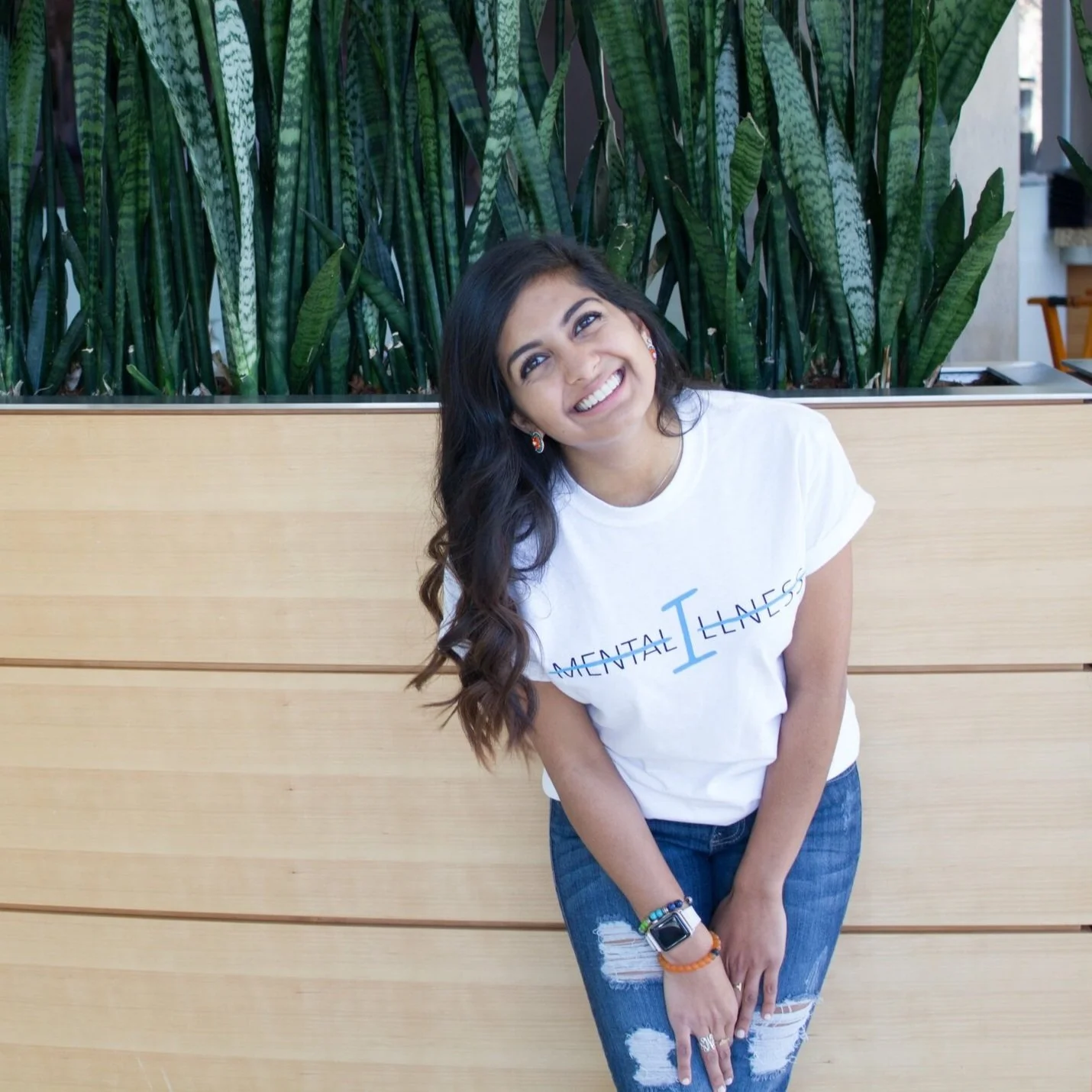About Me
My Journey with Mental Health
My journey as a mental health advocate began when I was 19 years old. At that point, I had been living with diagnosed schizoid anxiety and generalized depression for 4 years. Growing up, I had heard about how people with mental illnesses were “stupid,” “lazy,” “untrustworthy,” and generally bad. While my family was very supportive of me, my community was not, and I kept my diagnoses a secret for fear of stigma.
It was only when I went to college did I find the confidence to start speaking out, and began to disrupt the way people thought about and talked about mental illnesses. My first time speaking out about her disorder led to a huge outpouring of support and similar stories from the Duke community, and led me to start Duke’s NAMI on Campus program.
Grassroots advocacy has been a foundational element of the work I do, but the more I worked with people I saw how systems at large were failing those who needed the most help. That led me to pursue my MPH with a focus in Health Policy at Columbia.
Today I continue working with people and communities across the country as a member of NAMI’s Board of Directors, as well as working to promote policy solutions to the systemic issues in America’s mental health system. Additionally, since losing my brother Raj to suicide in March of 2020, I have started to highlight the realities of grief, as well as working to facilitate connection and community among young adults struggling with loss of a loved one.
Career Highlights
Mental Health Policy
People often like to say “the mental healthcare system is broken.” That phrase has never sat well with me, because it implies that at some point, the system was working. Mental health and mental healthcare have been disregarded for decades, and turning the tides and building up a comprehensive system is going to take the continued effort of thousands of people.
I am honored to be one of them. Through the Women’s Congressional Policy Institute’s Congressional Fellowship Program, my first experience in the policy world allowed me to be on Capitol Hill, working for a federal mental health champion, and start to learn the complexities that surround mental health policy and lawmaking in general. I joined the team at Inseparable shortly after my fellowship, and continue to learn from the best and the brightest while driving meaningful change in mental health systems across the country.
Grassroots Advocacy
When I got my diagnoses, it came with a lot of feelings. The one that overpowered the rest? Loneliness. I felt like I was the only one dealing with this, that my parents and I were alone in figuring out how to navigate this system, simply because no one around me spoke openly about this. My advocacy work is heavily driven by my desire that nobody should ever feel that way.
NAMI has been crucial in helping me find my voice and using it to get people help and change people’s lives. I have been involved with NAMI since 2015, when I co-founded Duke’s NAMI on Campus--and that was the first time I got to tell my story on my terms. Since then, I worked as the development director at NAMI North Carolina, served as a board member for NAMI New York State, and currently have the honor of being the youngest person to serve on NAMI’s National Board of Directors.
While, out of necessity, I’m no longer able to help people on such a personal level, I am glad that I am able to keep working to give people the connections, support, and hope they deserve.
South Asian Voices
My parents immigrated to the United States from India in 1991, and growing up as a third-culture kid, finding the balance between the “South Asian” and “American” parts of my identity has been quite a journey. Navigating the cultural and social dynamics of my community while coming to terms with my diagnosis was very difficult, especially since mental illness was highly stigmatized, not taken seriously, “a white people thing.”
I have a mental illness. And I am South Asian. Those are two parts of my identity that are not changing, that can (and do) co-exist. That is a message that I try to amplify wherever I go. When I’m working in the mental health world, I try to highlight the specific needs of the South Asian community, and when I’m in South Asian spaces, I’m speaking openly about my personal experiences with mental illness, suicide attempts, and suicide loss. I’ve had the pleasure of speaking to South Asian communities across the country, including my own, and am proud to be one of the growing number of people who are changing how the South Asian-American community talks about and supports mental health.


